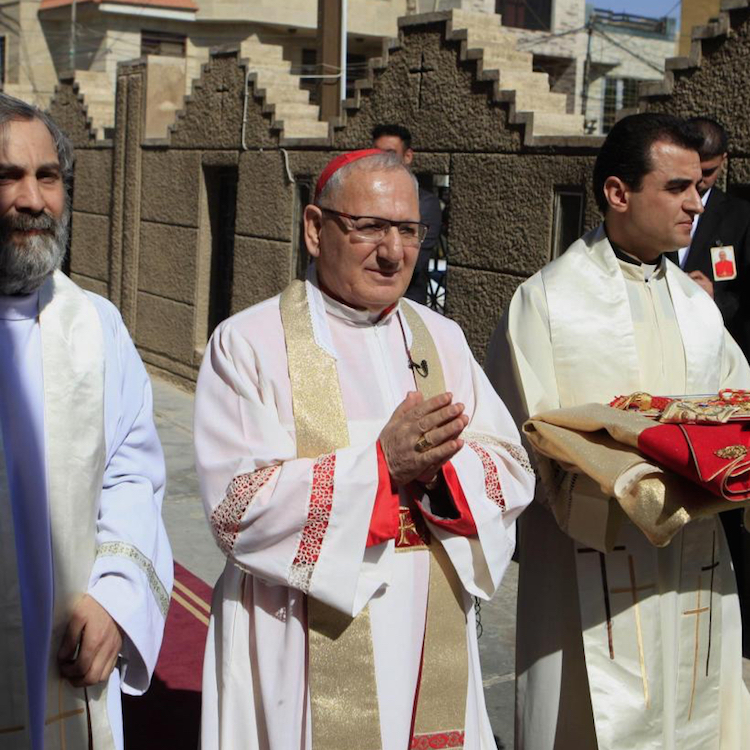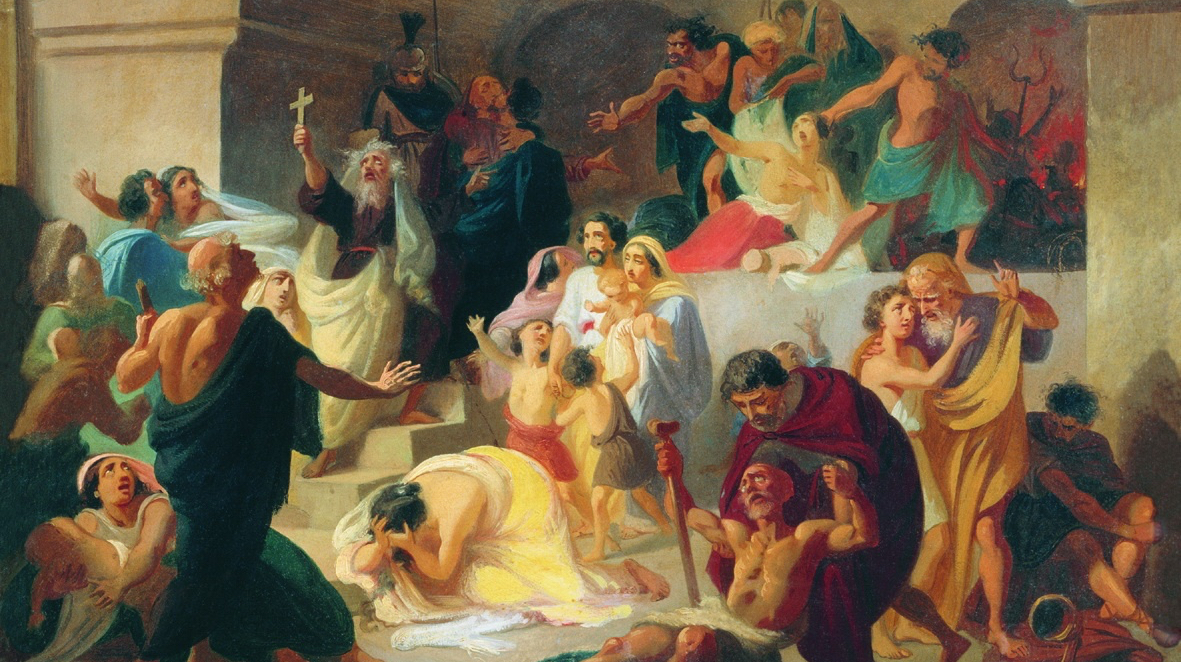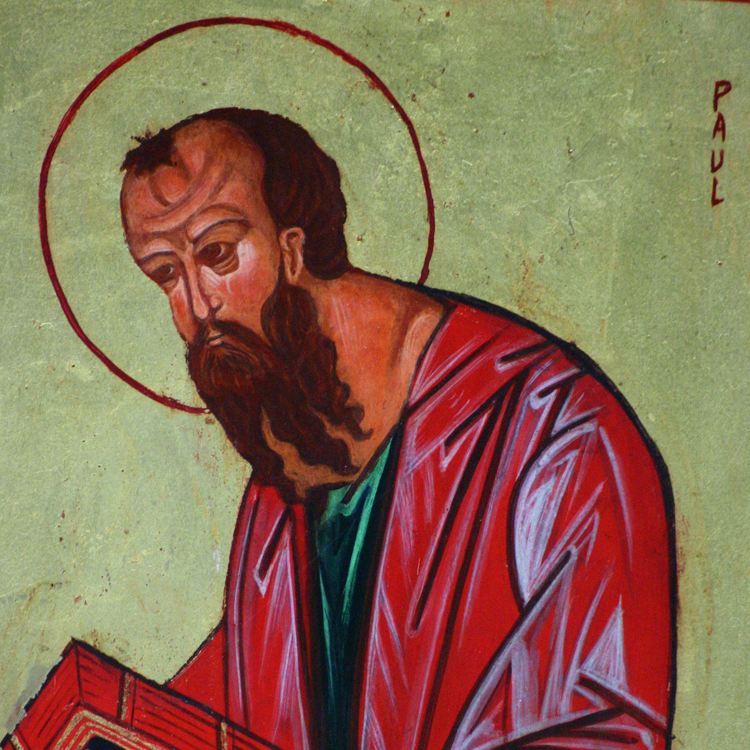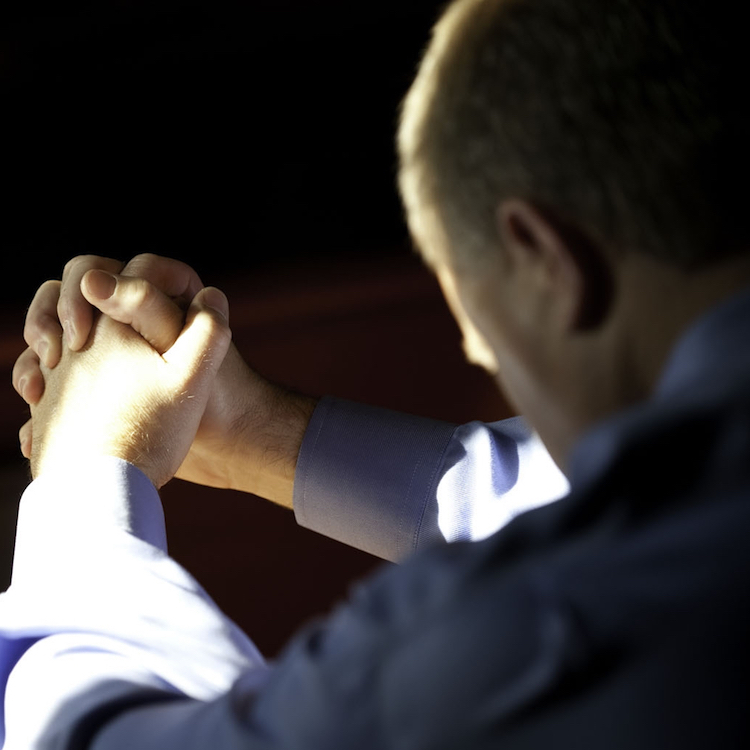Would you be willing to come to church if by doing so you were risking your property, your freedom, or even your very life?
This is the choice facing many Christians throughout the world today. According to author Michael Snyder (in an on-line article dated July 26, 2015), “A passionate hatred of Christianity is sweeping across the planet, and very few global leaders have been willing to step forward and speak out against this rising persecution of Christians. In many parts of the Middle East, Africa and Asia, believers are relentlessly attacked by extremists, churches are being destroyed, and laws are being passed to try to prevent the spread of the Christian faith. In some areas, the violence has become so extreme that Christians knowingly risk their own lives just to go to church services each week.”
In Syria and Iraq, the radical Muslim group ISIS has beheaded numerous Christians—including women and children. Some believers in Egypt and Ethiopia have suffered a similar fate. This past April, terrorists attacked a university in Kenya; 147 Christians were separated from their Muslim classmates and killed, and dozens more were wounded. At the Catholic cathedral of Our Lady of Consolation in Garissa, Kenya, the pews are filled for Mass—with the congregation protected by armed guards (for the parishioners are threatened with death by Al-Shabaab militants if they gather for worship).
So far in 2015, over 2000 Christians have been killed in neighboring Nigeria by Islamic terrorist group Boko Haram. Many particularly vicious attacks against followers of Christ have occurred in Pakistan; for instance, a mob burned a Christian couple alive, and several Christian churches have also been destroyed.
Persecution of Christians isn’t limited to Muslim nations. In India, for example, a mob of Hindu radicals stormed a Protestant church, vandalized it, and beat the pastor and some of the congregation. In China, most Christians don’t face the threat of physical violence, but the Communist government continues to harass believers—imprisoning pastors and church members, tearing down outdoor crosses, demolishing church buildings, and conducting public relations campaigns in which churches are called “cult organizations.”
Even in the West, Christians are facing growing opposition to the practice of their faith. For instance, “Accounts of Muslim immigrants taunting and even assaulting Christians in Italy are increasing. Earlier this year, a crucifix was violently destroyed in close proximity to a populated mosque, and a state of the Virgin Mary was destroyed and urinated on by a group of North Africans in Italy.” This past May 10, in Catholic Italy, an outdoor procession in honor of Our Lady involving 100 people—including children about to make their First Communion—was interrupted by young Muslim immigrants, who shouted insults and threats. Also, a Muslim schoolboy of African origin beat a 12-year-old Catholic classmate because she was wearing a crucifix around her neck.
In Canada, a young Muslim was charged with hate crimes against St. Catherine of Siena Church in Mississauga, Ontario—having vandalized a statue of the Sacred Heart of Jesus, and spray-painted the words “There is no Jew God” on the side of the church. Other attacks against churches have been documented, as well.
An on-line article by Raymond Ibrahim, dated July 27, 2015, laments the fact that the U.S. government has seemingly decided to ignore attacks against Christian minorities. For instance, “Sister Diana, an influential Iraqi Christian leader, who was scheduled to visit the U.S. to advocate for persecuted Christians in the Mideast, was denied a visa by the U.S. State Department even though she had visited the U.S. before, most recently in 2012.” According to former House Speaker Newt Gingrich, “This is an administration which never seems to find a good enough excuse to help Christians, but always finds an excuse to apologize for terrorists…”
Not only does Jesus warn His followers of the very real possibility of persecution (cf. Jn. 15:18-20; 16:1-3); Scripture also instructs us, “Be mindful of prisoners as if sharing their imprisonment, and of the ill-treated as of yourselves, for you also are in the body” (Heb. 13:3). As members of the body of Christ, we should frequently think of our persecuted brothers and sisters, offering our prayers and sacrifices on their behalf; doing so is an important way of living out our Catholic faith.








